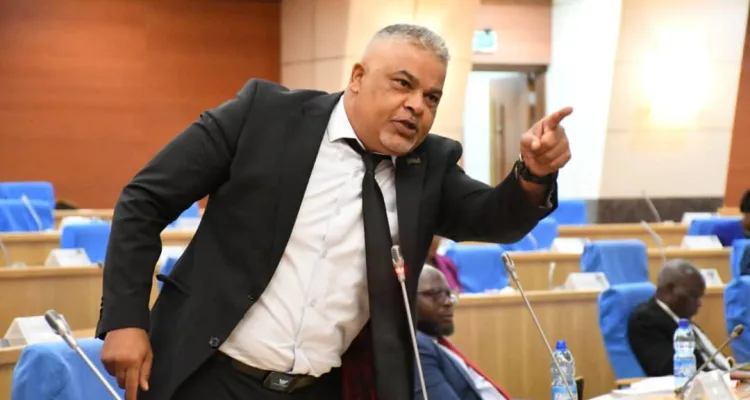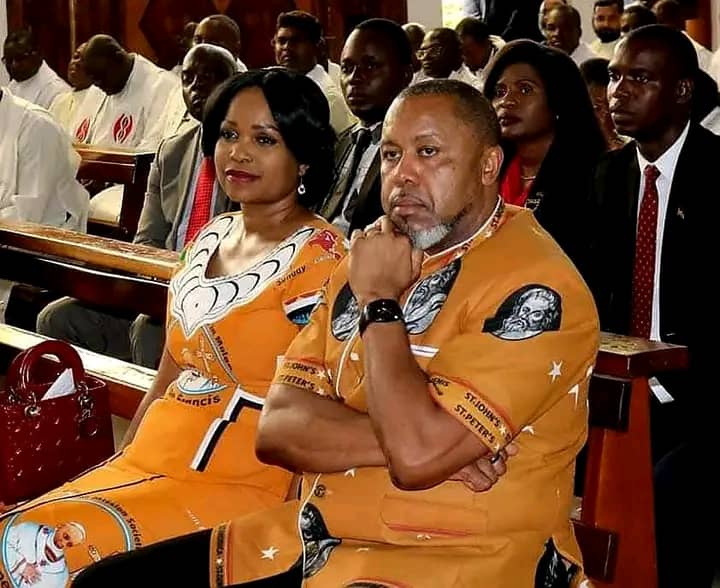By Burnett Munthali
In a compelling address to Parliament, Democratic Progressive Party (DPP) lawmaker Sameer Suleman called on President Lazarus Chakwera to lead by example, particularly in light of recent international travels. Suleman’s remarks center around the President’s extensive foreign visits and the associated costs, raising questions about the focus and effectiveness of these diplomatic efforts.
Suleman pointed to Chakwera’s recent travels to Mozambique, Zimbabwe, the Vatican, and Germany, which reportedly cost the Malawian government MWK 4.5 billion. The DPP lawmaker criticized the President for what he described as an undue emphasis on promoting foreign nations rather than advancing Malawi’s own interests on the global stage.
“Leaders must lead by example,” Suleman stated. “Instead of leveraging these high-profile visits to champion Malawi’s strengths and opportunities, it appears that the President has been more focused on promoting other countries. This approach does not align with our national interests or the expectations of Malawians.”
Suleman’s comments reflect a broader debate about the priorities and outcomes of international diplomacy. While the Chakwera administration has defended the trips as vital for strengthening global partnerships and attracting investment, Suleman and other critics argue that the significant financial outlay could have been better utilized to address pressing domestic needs.
The critique highlights an ongoing tension between the costs of international diplomacy and the immediate benefits perceived by the Malawian public. As the discourse unfolds, it will be crucial for leaders to demonstrate how their global engagements contribute to tangible improvements within Malawi and effectively balance international outreach with domestic responsibilities.
Suleman’s call for leadership to set a clear example underscores the need for transparency and accountability in how national resources are allocated and utilized. As Malawi continues to navigate its international and domestic priorities, the challenge will be to ensure that all actions align with the broader goals of national advancement and public welfare




